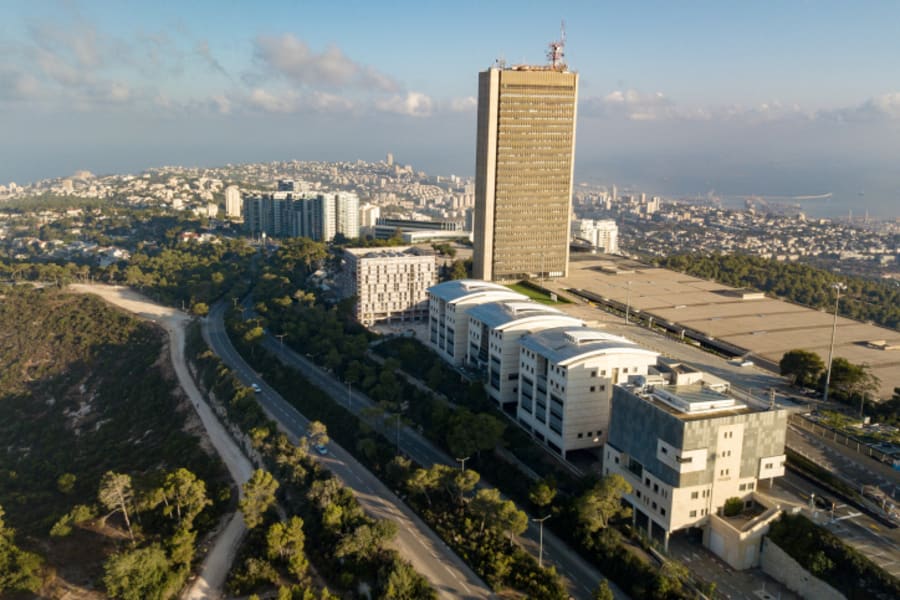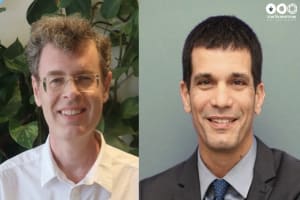Israeli high school students' research on space travel and neurodegenerative diseases published in prestigious journal

Six Israeli high school students recently published their research on the impact of space travel on neurodegenerative diseases in the prestigious journal Astrobiology.
The students from northern Israel's Shehakim High School in Nahariya, began their project to launch a scientific experiment to the International Space Station while still in ninth grade, as part of the Ramon SpaceLab program.
The names of the students are Ksina Onger, Yair Barak, Amit Yuval, Lia Stekolshik, Linoi Ego and Yana Aydinov. This achievement was praised by Dr. Amir Sapir, the scientist from the University of Haifa’s Oranim Campus who led the research from the Department of Biology and Environment.
“The mere fact that high school students, the majority of whom are now soldiers in the army, share in the publication of an article in a scientific journal, one of the leaders in its field, is an impressive and extraordinary achievement," Sapir said.
Guided by their teacher, Tatiana Itkin, their proposal was selected from among 30 other competitors.
The SpaceLab program was inspired by the astronaut Ilan Ramon, who performed experiments on the Columbia shuttle while in space in 2003. Ramon, Israel’s first astronaut, was tragically killed, along with six others, when the Columbia shuttle broke up upon re-entering the earth’s atmosphere.
Neurodegenerative diseases, such as Alzheimer’s and Parkinson’s Disease, are becoming more common among the world's aging population. They are caused by protein deposits on nerve cells, which kill the cells and ultimately lead to the patient's death.
The high school students' experiment compared the development of a genetically engineered degenerative disease, similar to Huntington’s disease, in Caenorhabditis elegans nematodes (round worms) on the International Space Station and in Sapir’s laboratory on the Oranim Campus.
Because these nematodes are transparent, it was possible to monitor the development of the disease and synchronize tests carried out by the astronauts at the Space Station and in the laboratory at Oranim.
The experiment showed a clear difference in the development of the disease in the genetically identical nematodes grown in space and those grown on earth, but the results are not conclusive.
Prof. Yoram Gershman said that “the results of the study provide proof of the feasibility of using C. elegans nematodes for future research” but “additional repetitions are needed to confirm or reject the hypothesis of the existence of a link between the development of neurodegenerative diseases and life in space.”
Itkin emphasized that understanding the impact of space travel on degenerative diseases is crucial for the future.
“If in the future it turns out that living in space does indeed increase the incidence of degenerative diseases, this will have far-reaching consequences for missions in space, especially those that require long-term missions. On the other hand, if the stay (in space) prevents the appearance of these diseases, an opening may be opened for innovative treatment of diseases, for example by medical tourism to space."

The All Israel News Staff is a team of journalists in Israel.
You might also like to read this:














